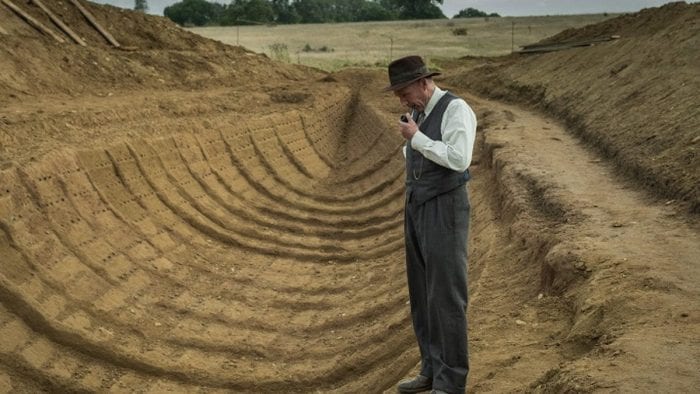

The film, which Netflix opened in theaters Wednesday, isn’t the Western you might think it is - though it does reside on the frontier. In Campion’s formally composed films, lyricism claws its way through.Īdapted by Campion from Thomas Savage’s 1967 novel, “The Power of the Dog” is less a return to form for Campion than a big-screen reminder of her virtuosity.

Her films, including her 1993 masterwork “The Piano,” have only gained admirers for the way they capture assertive inner lives piercing social structures and male hegemony. Even without stepping on a film set in 12 years, though, appreciation for Campion has grown. “The Power of the Dog” is Campion’s first film since her luminous 2009 John Keats drama “Bright Star” in the interim she made the series “Top of the Lake,” the vivid New Zealand mystery. The first time we see him this way, through the windows, it’s an early signal that “The Power of the Dog” will pulsate with friction between within and without, that its masterful vision of the West will play out in a juxtaposition of rugged exteriors and murkier, more mysterious interiors. The man is Phil Burbank (Benedict Cumberbatch), a rough-hewn Montana rancher with a menacing arrogance and a cocky, upright posture.

He goes into and out of view with each window. Tracking shots of a solitary figure striding across a Western plain, seen from within the darkened interiors of a home, bookend Jane Campion’s “The Power of the Dog.” As the man walks, with wrinkled foothills behind him, the camera glides through the house.


 0 kommentar(er)
0 kommentar(er)
